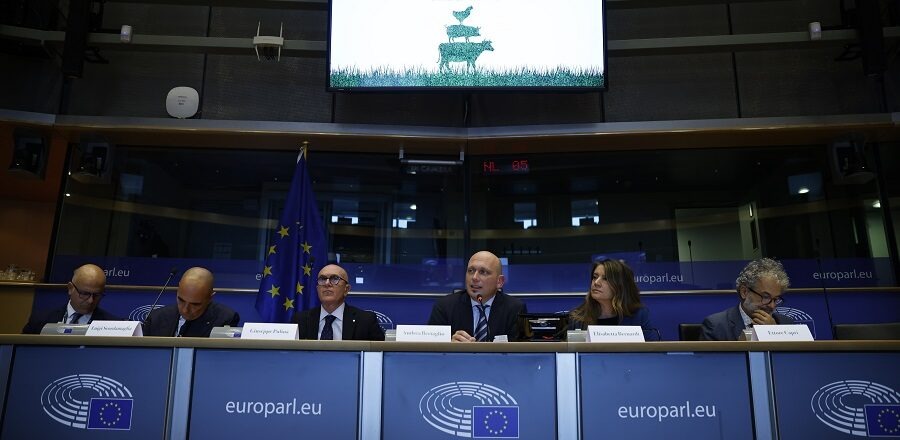
Meat and cured cuts in a healthy balanced diet
Meat and cured cuts, often subject to misconceptions and unfounded fears, are actually an indispensable part of the “Mediterranean Diet”, which is considered by the scientific community as the best nutritional model to follow. A multitude of studies show that the Mediterranean Diet protects against the most common chronic and metabolic diseases, as well as cancer, so that it is considered as the perfect diet.
Beef, poultry and pork ensure a balanced intake of essential amino acids and are rich in vitamins and minerals which can be easily absorbed. For these reasons they are considered valuable food to wean children in a complete way from the nutritional point of view. They are essential for adolescent growth and development, for tissue maintenance and renewal, for proper brain development and functioning of the entire nervous system.
Also cured cuts are absolutely safe and good foods: for example, ham steak is especially indicated in children, both for the perfect nutritional properties and also for its softness, smoothness and because it is easy and fast to prepare it. Raw ham instead is ideal for aged people, thanks to its high digestibility.
In addition to what has just been described above and to the contribution of proteins, meat and cured cuts have also another important role, which is to counteract the action of phytates, “disturbing elements” present in vegetables, and that, if in excess, can lead to serious minerals deficiencies.
The great variety of foods belonging to our tradition, each with its own characteristics, its functions and its precise amount, is distinctive of the Mediterranean Diet, allowing people to stay healthy without giving up certain foods, helping to prevent high blood pressure, heart attack, stroke, diabetes and cancer. Recent studies indicate the potential protective effects even on the brain, helping to prevent cognitive decline and Alzheimer’s disease, as well as confirming the benefits of this diet also for younger people, reducing childhood obesity-levels.
For these reasons, Italians are known for living longer, with life expectancy of 85 years for women and 80 years for men, demonstrating the effectiveness of a balanced diet without dietary extremism, where meat and sausages have been belonging for centuries to an enviable culinary and gastronomic tradition: in particular, products are undoubtedly healthier and higher quality if “Made in Italy”, because produced in accordance with strict discipline that ensure animal well-being and healthy animal feeding, and also because they protect and pass on the “savoir fair” of ancient craftsmen.
In addition to its critical role on human health and quality of life, it is also a sustainable food model for the environment, which respects both the territory and biodiversity: as demonstrated by the Environmental Hourglass, the environmental impact of the Mediterranean Diet is lower than that of other types of diets, finding a balance between satisfaction of population´s nutritional needs, prevention of illness and planet preservation.
Susanna Bramante
Susanna Bramante is an agronomist and scientific writer, author and co-author of 11 scientific publications and numerous articles on human nutrition and its impact on health and environment. In 2010 she received the title of Doctor Europaeus and PhD in Animal Production, Health and Food Hygiene in countries with a Mediterranean climate.





